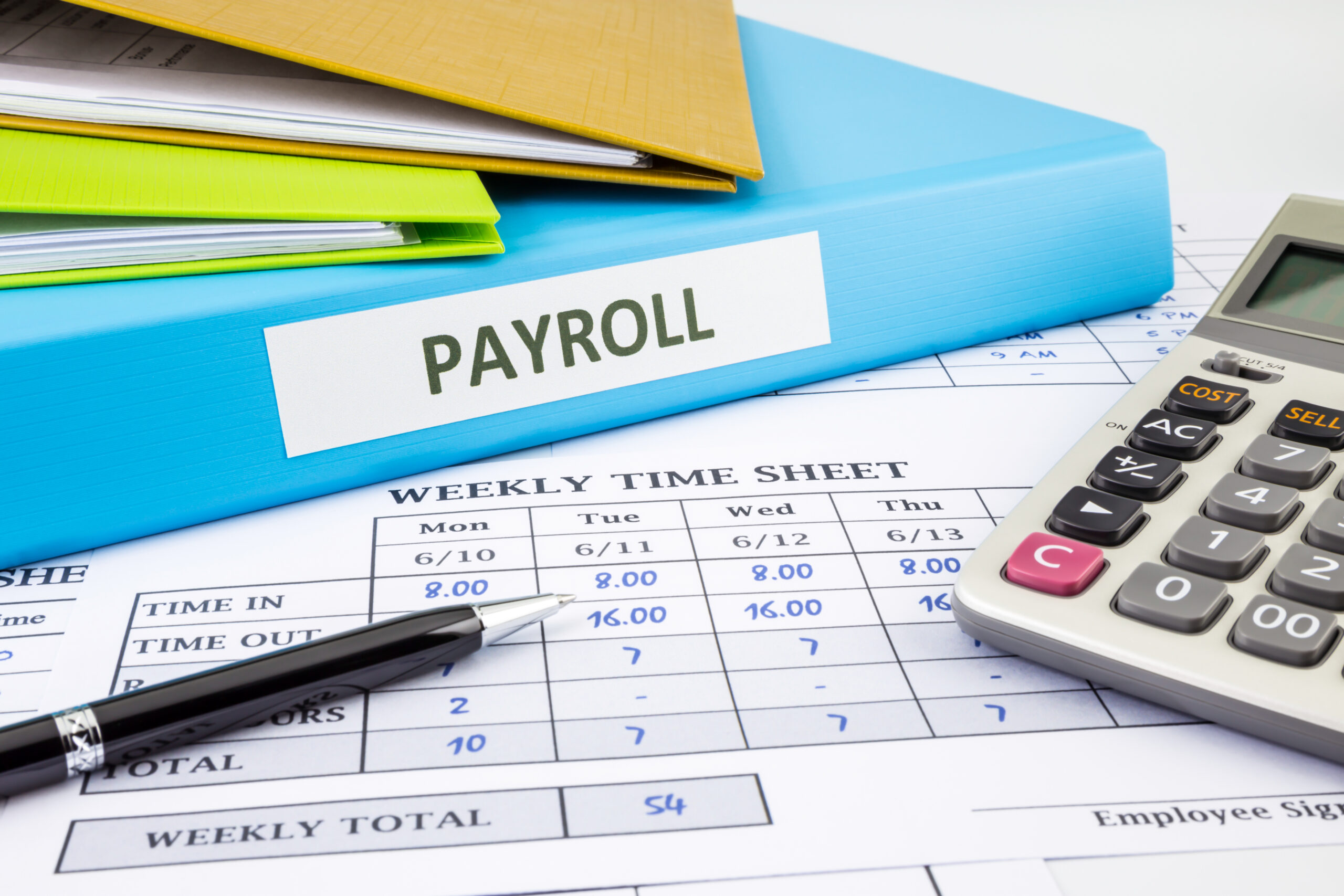Ensuring your team receives their correct wages each month is more than just a financial obligation—it’s a demonstration of workplace transparency, legal compliance, and mutual respect. Accurate deductions and clear entitlements help both employers and employees manage their finances while reducing the risk of disputes. Calculating final compensation in Indonesia requires a thorough understanding of local regulations, tax liabilities, and social security frameworks. Getting it right fosters trust, enhances employee satisfaction, and provides a solid foundation for long-term business growth.
Understanding Take-Home Pay: Why It Matters
Take-home pay is the amount an employee receives after all deductions. This final figure is crucial for both personal financial planning and company payroll management. Key considerations include:
- Gross Wages vs. Net Salary: Gross pay is the total salary before deductions, while net salary (take-home pay) is the amount received after taxes and contributions.
- Household Budgeting: Employees plan their expenses based on their net salary. Any miscalculations or unexpected deductions can create financial strain.
- Employer Compliance: Companies must comply with Indonesian labour laws to avoid penalties and maintain a trustworthy reputation. Precise and accurate payroll processing contributes to a loyal and satisfied workforce.
For many employees, take-home pay dictates their financial stability, covering everything from rent and utilities to savings and daily expenses. Errors in payroll calculations can lead to confusion, dissatisfaction, and lost trust in the employer.
Key Components of Take-Home Pay in Indonesia
Indonesian labour regulations determine how final pay is calculated, factoring in taxes, social security contributions, and additional benefits. Below are the primary components:
Income Tax (PPh 21)
PPh 21 is the tax on employment income in Indonesia. Employers must withhold the correct amount based on salary brackets and personal allowances. Miscalculations or late filings can lead to penalties. Since tax contributions form a significant part of payroll deductions, accurate calculations are essential for compliance.
Social Security Contributions (BPJS Kesehatan & BPJS Ketenagakerjaan)
Indonesia’s social security system consists of two primary schemes:
- BPJS Kesehatan: This healthcare protection scheme covers medical treatments, hospital stays, and health-related expenses. Both employers and employees contribute, with rates subject to government revisions.
- BPJS Ketenagakerjaan: This employment insurance includes accident coverage, pension plans, and old-age savings. Employers and employees contribute at different rates.
These contributions protect employees from financial hardship due to health issues, workplace accidents, or retirement. Employers who handle BPJS contributions correctly demonstrate corporate responsibility and compliance with local labour laws.
Other Allowances and Benefits
Beyond mandatory deductions, additional benefits like meal allowances, transport stipends, or performance-based incentives can affect monthly take-home pay. Some perks may be contractual, while others depend on company policies or collective labour agreements. Employers should ensure these extras are factored into payroll calculations transparently.
Step-by-Step: Calculating Take-Home Pay
Breaking down monthly net salary accurately is essential for payroll compliance and employee trust. Follow this structured approach:
- Determine Gross Pay: Start with the total contractual salary before deductions, including base pay and any fixed allowances.
- Calculate Income Tax (PPh 21): Identify taxable components, apply Indonesia’s tax rates, deduct personal reliefs, and remit payments on time to avoid penalties.
- Deduct BPJS Contributions: Subtract contributions for BPJS Kesehatan and BPJS Ketenagakerjaan. Keep track of rate changes published by Indonesian authorities.
- Include Additional Benefits: Factor in any allowances, bonuses, or reimbursements, ensuring compliance with tax regulations.
- Confirm Net Salary: After deducting all taxes and contributions, the remaining amount is the employee’s take-home pay. Provide a clear payslip outlining each component.
Utilize our Salary Calculator to simplify your take-home pay computations.
Common Payroll Pitfalls and How to Avoid Them
- Misclassification of Wages: Mistaking taxable allowances for non-taxable ones can lead to compliance issues. For clarity, consult official tax guidelines or local payroll experts.
- Ignoring Regulation Updates: Tax and social security rates can change periodically. Staying updated prevents payroll discrepancies and unexpected liabilities.
- Poor Documentation: Keeping detailed records ensures payroll transparency and simplifies compliance audits.
Ensuring compliance with Indonesian law protects businesses from legal repercussions and fosters a positive work environment where employees feel valued and fairly compensated.
Practical Insights from Indonesia’s Legal Landscape
Indonesian labour laws mandate strict compliance with PPh 21 regulations and social security contributions. According to resources such as HukumOnline and OCBC Indonesia, maintaining transparent wage calculations reduces payroll disputes and enhances employer-employee relationships.
Why Accurate Payroll Matters
Payroll errors can create financial hardship for employees, legal risks for employers, and overall dissatisfaction in the workplace. Overlooking strict payroll regulations can result in underpayment of taxes and penalties and strained employer-employee relations.
Conversely, a well-managed payroll system ensures employees receive their correct wages on time, strengthening organisational trust and stability. Employers who prioritise accurate payroll foster a productive and loyal workforce.
Simplifying Payroll with Automation and Expert Support
Many businesses, mainly those new to Indonesia, find payroll calculations complex due to varying tax brackets and evolving social security requirements. Automating payroll or working with a professional provider can streamline processes and reduce errors.
Employers who implement payroll automation benefit from:
- Reduced manual calculation errors
- Faster payroll processing
- Up-to-date regulatory compliance
- Enhanced security through digital records
Take the Stress Out of Payroll Administration
Managing payroll accurately is challenging, especially in Indonesia, where tax and social security regulations frequently change. Companies unfamiliar with local requirements may struggle to keep up, leading to payroll discrepancies or compliance risks.
Streamline Your Payroll with High Five
Ensuring compliance with Indonesian labour laws doesn’t have to be overwhelming. Leveraging automated payroll solutions and expert guidance simplifies payroll processing, minimises errors, and ensures timely salary payments.
If you want to eliminate payroll uncertainty and ensure accurate compensation for your workforce, explore Global Payroll Services from High Five. A structured payroll system enhances efficiency, compliance, and employee confidence, allowing your business to thrive.






